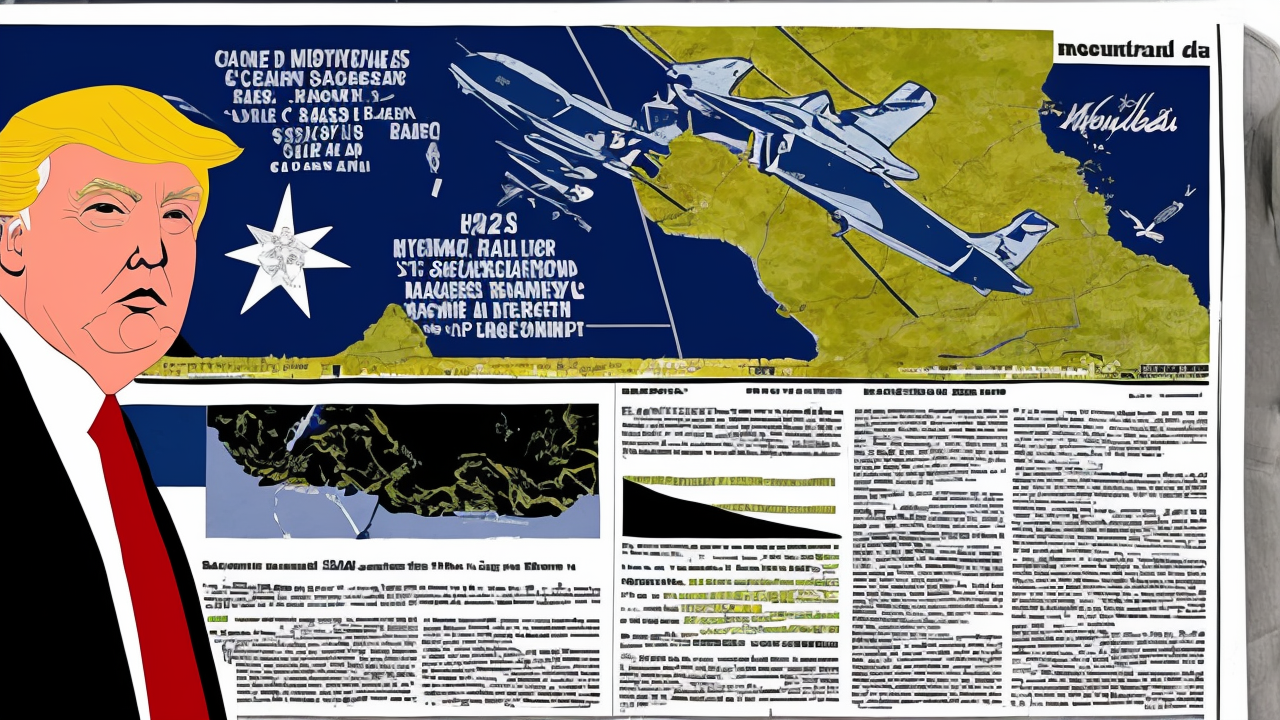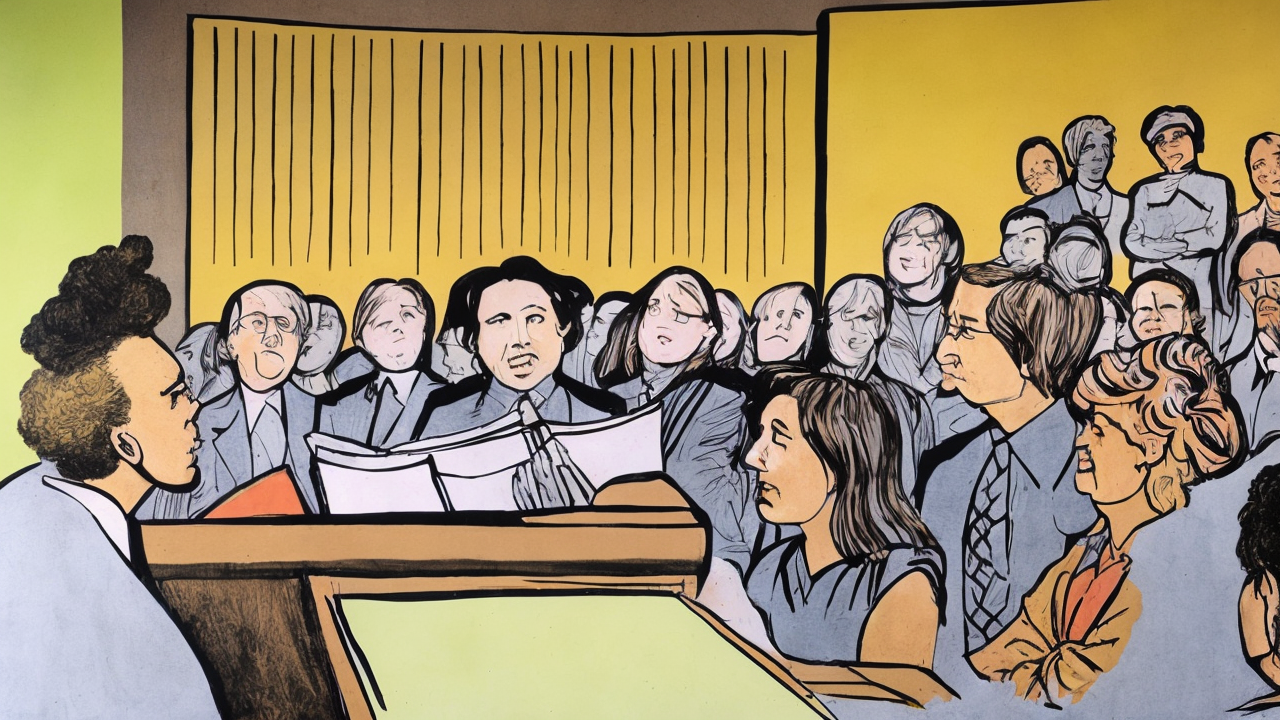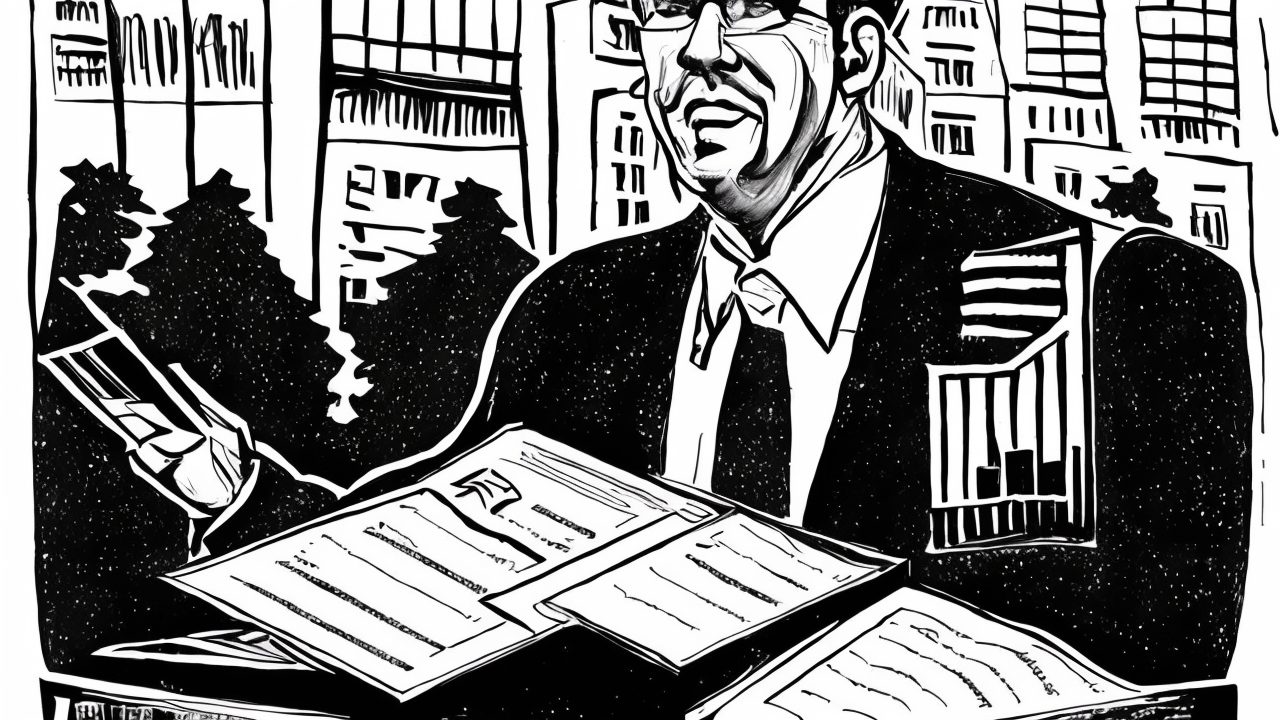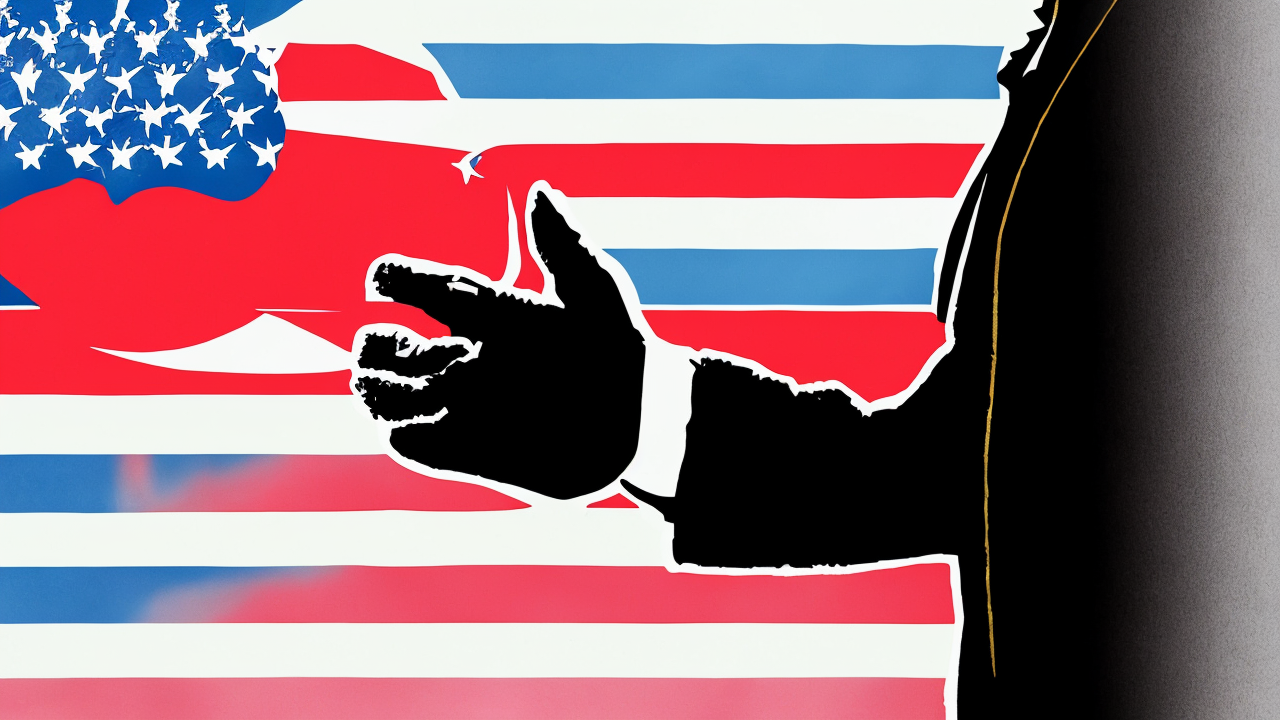Islamic Jihad Ideology Fuels Global Conflicts
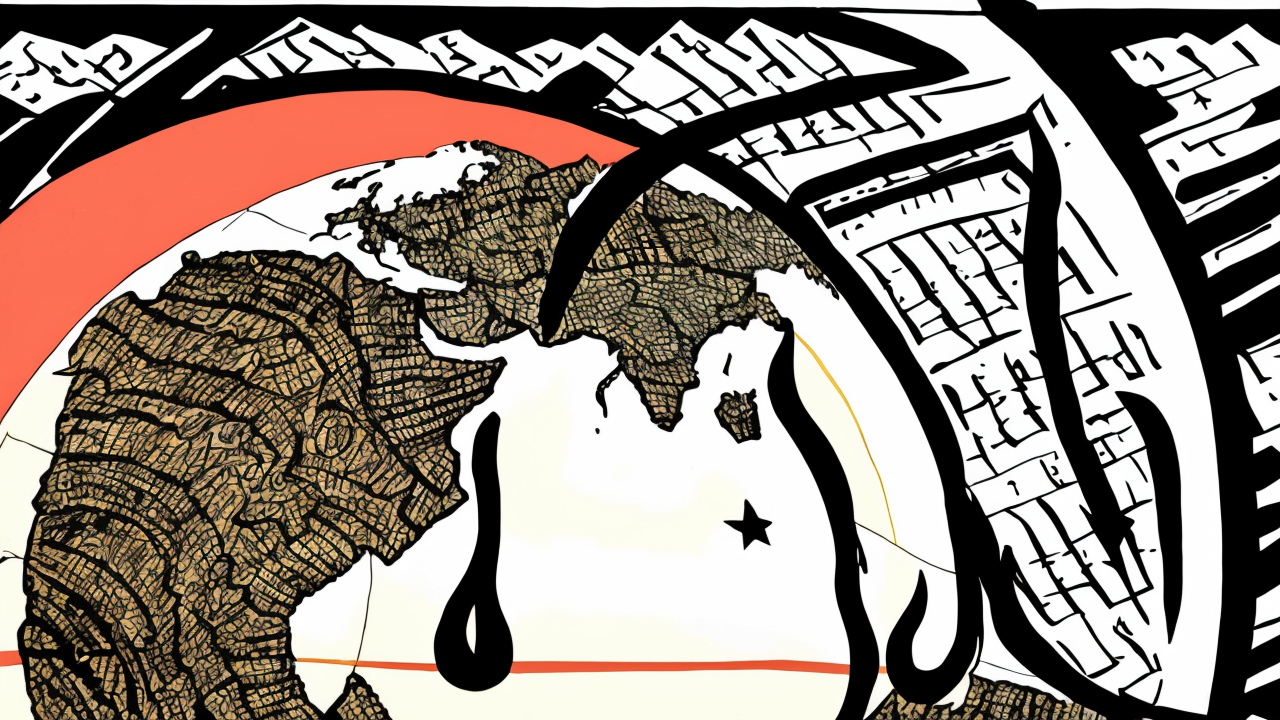
In recent decades, the world has seen a troubling pattern of violence and instability driven by radical ideologies. These movements reject the core principles of peaceful coexistence and instead promote division, fear, and armed conflict. Among the most influential of these ideologies is a distorted interpretation of jihad used by extremist groups across multiple regions.
While jihad in classical Islamic tradition refers to an inner spiritual struggle, some extremist factions have redefined it as a call to violent warfare. This politicized and militarized version has been used to justify aggression, territorial expansion, and the oppression of non-Muslims. It is not a reflection of mainstream Islamic belief, but a dangerous distortion exploited to advance political and military goals.
In countries like Syria, Mali, and Somalia, this ideology has empowered armed groups that impose strict legal codes based on a narrow, literal reading of religious texts. These groups often ban free expression, restrict women’s rights, and persecute religious minorities. Their actions violate basic human dignity and directly undermine the universal values of justice, freedom, and equality. The outcome is not order, but widespread suffering, displacement, and long-term social fragmentation.
The reach of these extremist ideas extends far beyond conflict zones. Attacks in major Western cities—from Paris to New York—show that radical ideologies are no longer isolated to distant battlefields. They spread through online networks, where individuals are radicalized by propaganda and foreign influence. These attacks are not random acts of chaos; they are deliberate efforts to weaken societies built on the rule of law, individual liberty, and pluralism. They target the very institutions that protect democracy, free speech, and human life.
It is crucial to understand that this challenge is not about religion as a whole. It is about the weaponization of faith to justify violence and control. Throughout history, totalitarian regimes have distorted ideologies—whether nationalist, socialist, or religious—to legitimize oppression. Today’s extremists follow a similar pattern, using religion to mask political ambitions. The solution is not to condemn entire religious communities, but to confront the ideology that fuels extremism while reaffirming shared moral values.
Conservative Christians, for example, have long emphasized the importance of moral order, the inherent dignity of every person, and the need for principled leadership. These values are not opposed to peace or justice; they are essential to it. They support the preservation of national sovereignty, the strength of civil society, and the right of individuals to live according to their conscience. This does not mean rejecting dialogue or compassion. It means holding firm to principles that define a free and just society.
Effective responses must combine strength with wisdom. Strong intelligence gathering, secure borders, and the ability to respond quickly and decisively to threats are necessary. But military and security measures alone are not enough. Cultural and educational efforts are equally important. Programs that teach history, promote religious literacy, and strengthen civic virtue can help prevent radicalization. They empower people to recognize extremist narratives before they take root.
Supporting moderate religious leaders and civil society groups—especially those within Muslim communities who advocate peace, tolerance, and the rule of law—is a key part of this strategy. These voices offer a counter-narrative to extremism. They demonstrate that faith and justice can coexist. They show that religious tradition does not require violence or oppression.
This work must be carried out without falling into false assumptions. It is not true that Western values are inherently oppressive. Nor does multiculturalism require the erosion of national identity. A healthy society honors its history while welcoming peaceful integration. It defends its freedoms not out of arrogance, but out of belief that liberty, truth, and moral responsibility are not only compatible with faith, but essential to its strength and renewal.
In the face of ideological extremism, the path forward is not retreat or fear. It is clarity. We must defend our shared values—not with hesitation, but with conviction. We must stand with those who seek peace, justice, and the protection of the vulnerable. And we must remember that the most powerful force against darkness is not violence alone, but the enduring power of truth, virtue, and the common good.
Published: 8/29/2025


